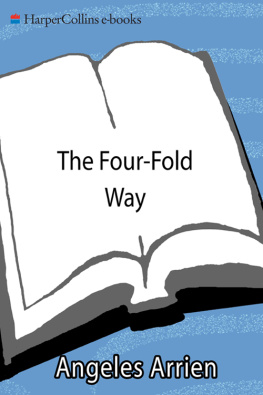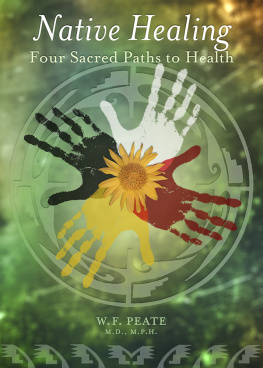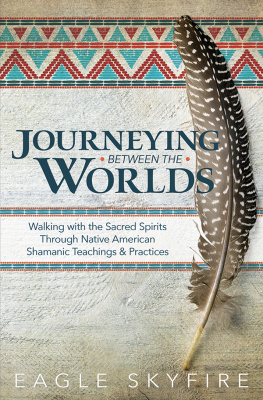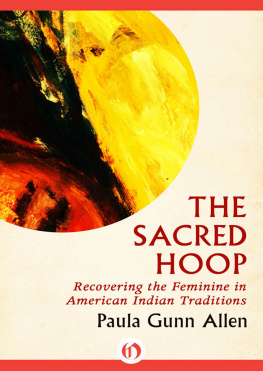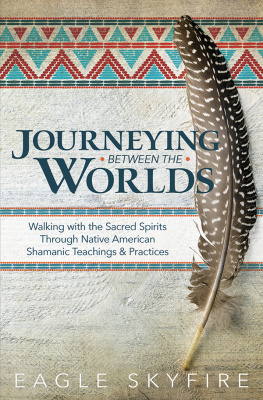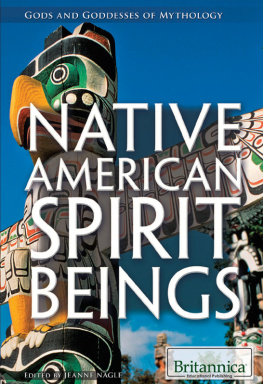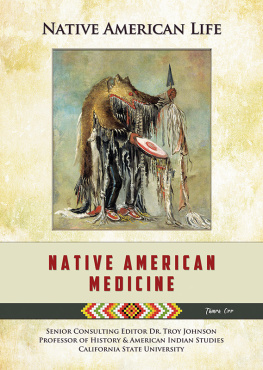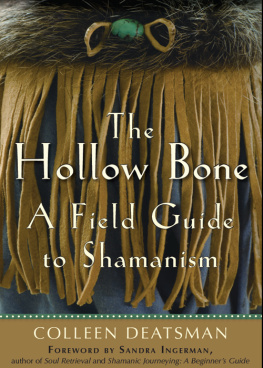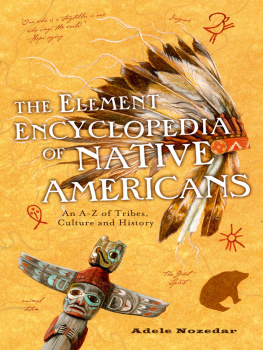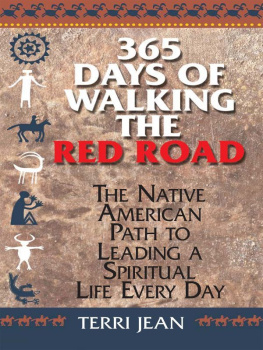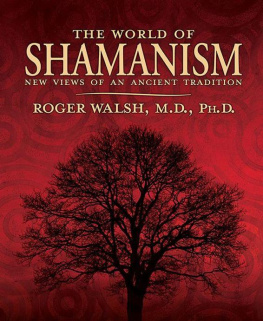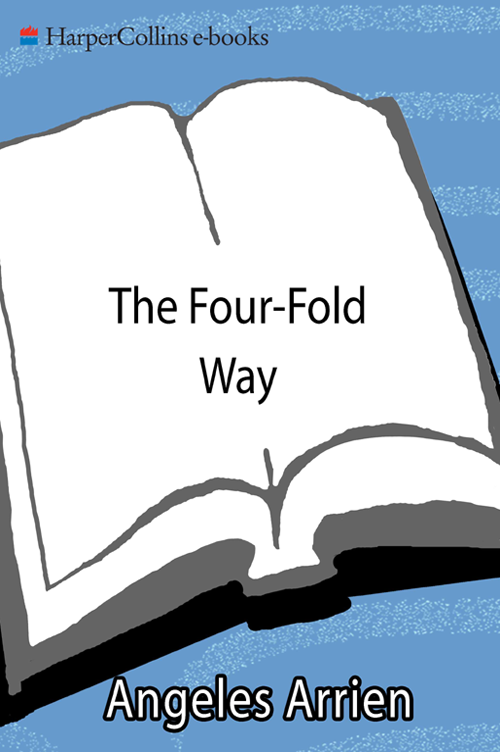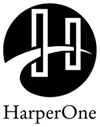Make prayers to the Raven.
Raven that is,
Raven that was,
Raven that always will be.
Make prayers to the Raven.
Raven, bring us luck.
from the Koyukon, Ravensong
CONTENTS

W e the Indigenous Peoples of the world, united in this corner of our Mother the Earth in a great assembly of men of wisdom, declare to all nations:
We glory in our proud past:
when the earth was our nurturing mother,
when the night sky formed our common roof,
when Sun and Moon were our parents,
when all were brothers and sisters,
when our great civilizations grew under the sun,
when our chiefs and elders were great leaders,
when justice ruled the Law and its execution.
Then other peoples arrived:
thirsting for blood, for gold, for land and all its wealth,
carrying the cross and the sword, one in each hand,
without knowing or waiting to learn the ways of our worlds,
they considered us to be lower than the animals,
they stole our land from us and took us from our lands,
they made slaves of the Sons of the sun.
However, they have never been able to eliminate us,
nor to erase our memories of what we were,
because we are the culture of the earth and the sky,
we are of ancient descent and we are millions,
and although our whole universe may be ravaged,
our people will live on
for longer than even the kingdom of death.
Now, we come from the four corners of the earth,
we protest before the concert of nations
that, we are the Indigenous Peoples, we who
have a consciousness of culture and peoplehood
on the edge of each countrys borders and
marginal to each countrys citizenship.
And rising up after centuries of oppression,
evoking the greatness of our ancestors,
in the memory of our Indigenous martyrs,
and in homage to the counsel of our wise elders:
We vow to control again our own destiny and
recover our complete humanity and
pride in being Indigenous People.
* Source: Douglas E. Sanders. The Formation of the World Council of Indigenous Peoples. IWGIA Document No. 29, 1977. This declaration was agreed upon by the delegates to the first international conference of Indigenous Peoples in Port Alberni. British Columbia, in 1975, which led to the establishment of the World Council of Indigenous Peoples (WCIP).
Indigenous peoples are one of the worlds most
persistent voices of conscience, alerting humankind
to the dangers of environmental destruction.
And as the world searches for alternative strategies
to deal with global problems, it is turning more
and more to indigenous peoples. Much of their respect
for nature, their methods of resource management,
social organization, values, and culture are finding
echoes in the writings of scientists, philosophers,
politicians, and thinkers.
Julian Burger, The Gaia Atlas of First Peoples:
A Future for the Indigenous World

T oday it is imperative that we pay attention to ecological issues. Our planet, the house we live in, is in danger of becoming unlivable, due primarily to the neglect of our own industrialized society. It is clear that we need to take action for change before it is too late.
Our word ecology comes from the Greek word oikos, which means house. As we move into the twenty-first century, it is the work of all human beings to attend to the health of both our inner and outer houses: the inner house of our selves, the limitless world within, and the outer house of the world in which we live our daily lives. Many people in contemporary society feel little or no connection between these two worlds, a state that the indigenous, land-based peoples of the earth, whose cultures reach back thousands of years, would find not only sad but incomprehensible. In Voices of the First Day, Robert Lawlor quotes an aboriginal tribal elder saying, They say we have been here for 60,000 years, but it is much longer. We have been here since the time before time began. We have come directly out of the Dreamtime of the Creative Ancestors. We have lived and kept the earth as it was on the First Day. And it is to native peoples that we can now look for guidance on how to care for the earth as if it were its first day. Their universal, ancient wisdoms can help restore balance within our own nature, and assist in rebalancing the needs of the natural environment.
We live in an age that is calling for a new world order. Our current world order actually consists of four worlds: (1) the highly industrialized First World countries, such as the United States and the nations of Western Europe; (2) the Second World socialist block nations; (3) the developing countries of the Third World, such as Brazil or Thailand; and (4) the Fourth World, which George Manuel of the World Council of Indigenous Peoples describes in the Gaia Atlas of First Peoples (Burger) as the name given to indigenous peoples descended from a countrys aboriginal population and who today are completely or partly deprived of the right to their own territory and riches. The peoples of the Fourth World have only limited influence or none at all in the national state to which they belong. The differences between these worlds can be stated very simply: The First, Second, and Third Worlds believe that the land belongs to the people; the Fourth World believes that the people belong to the land. A new world order can be created once all four worlds create a bridge that is truly healing. Perhaps this bridge can be the interface where these four worlds meet in joining together to heal and restore Mother Earth.

